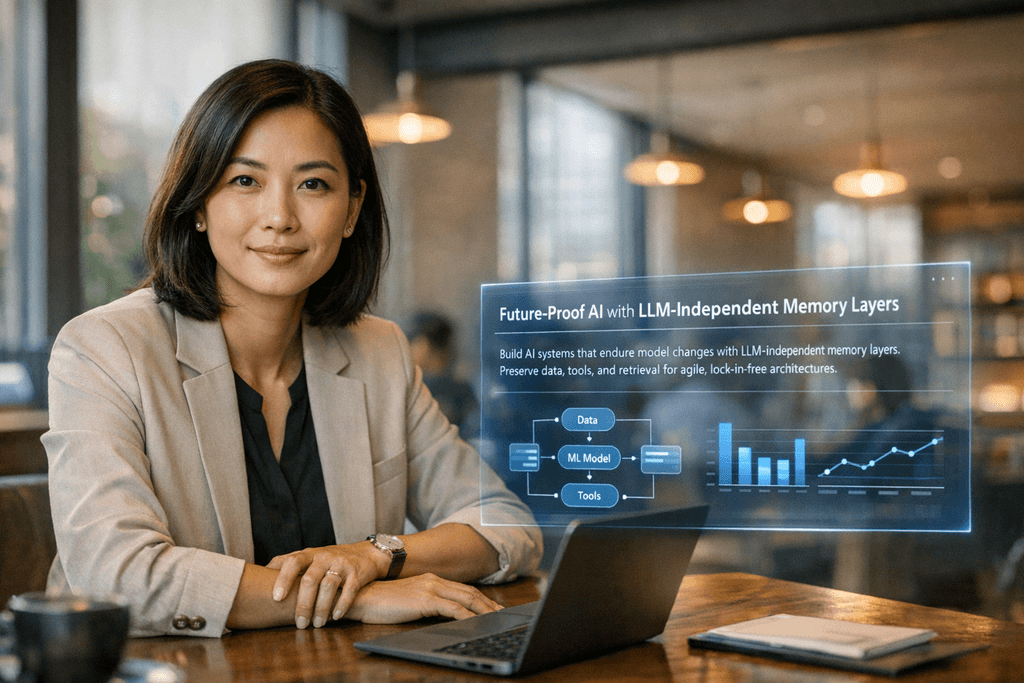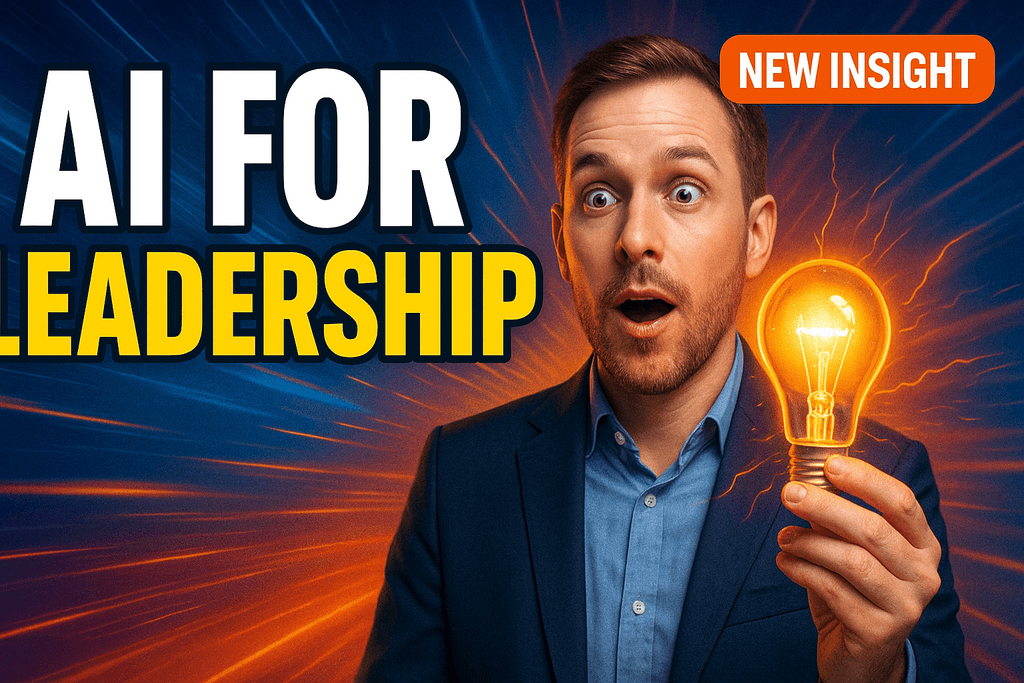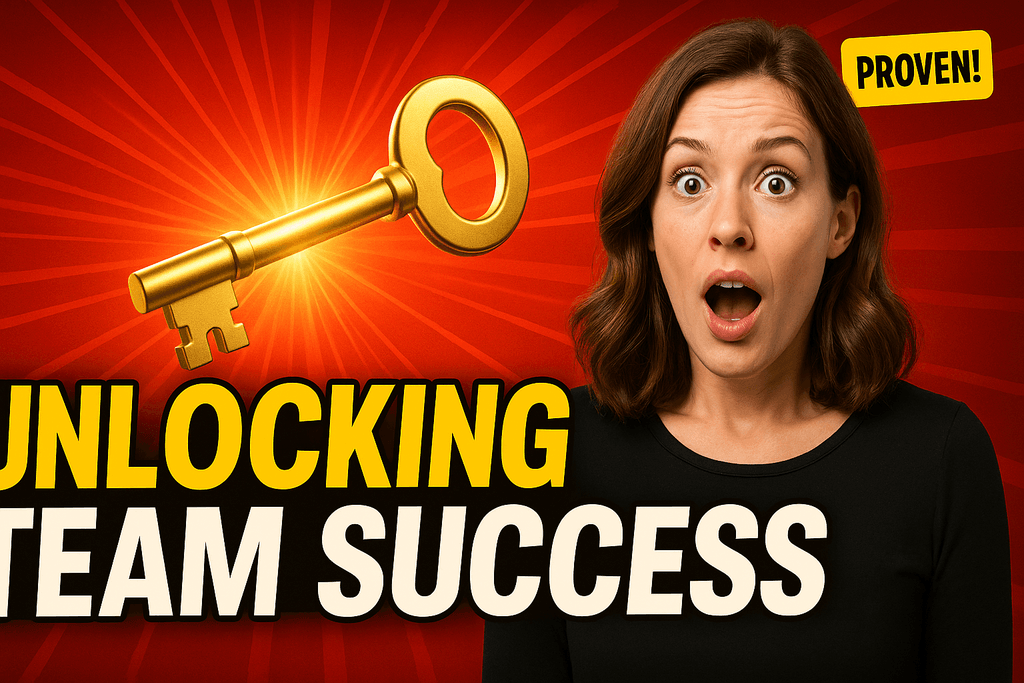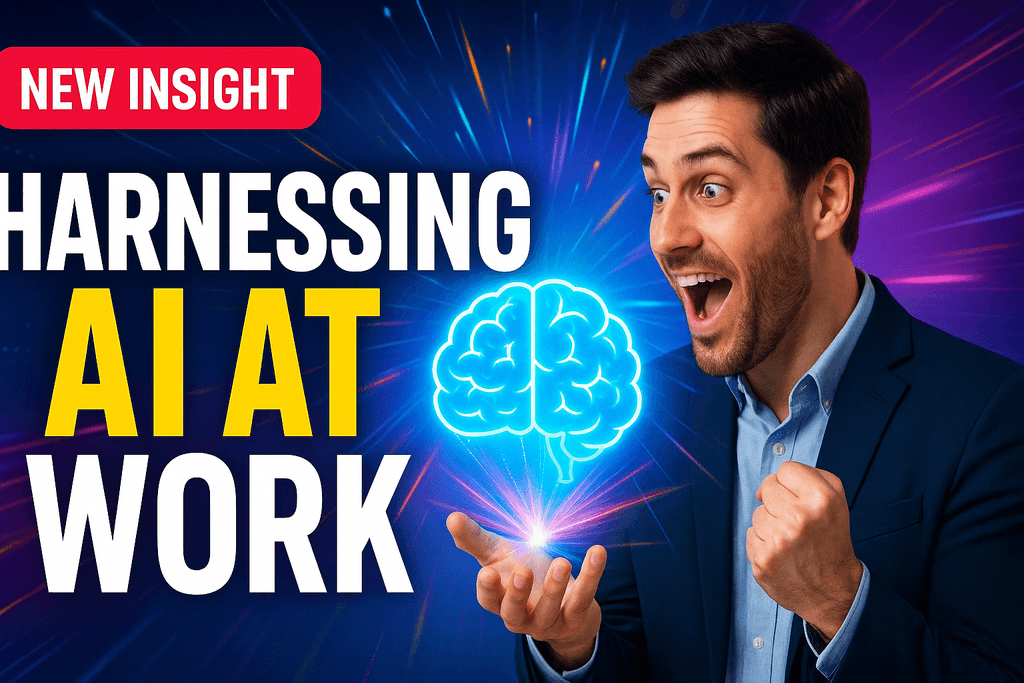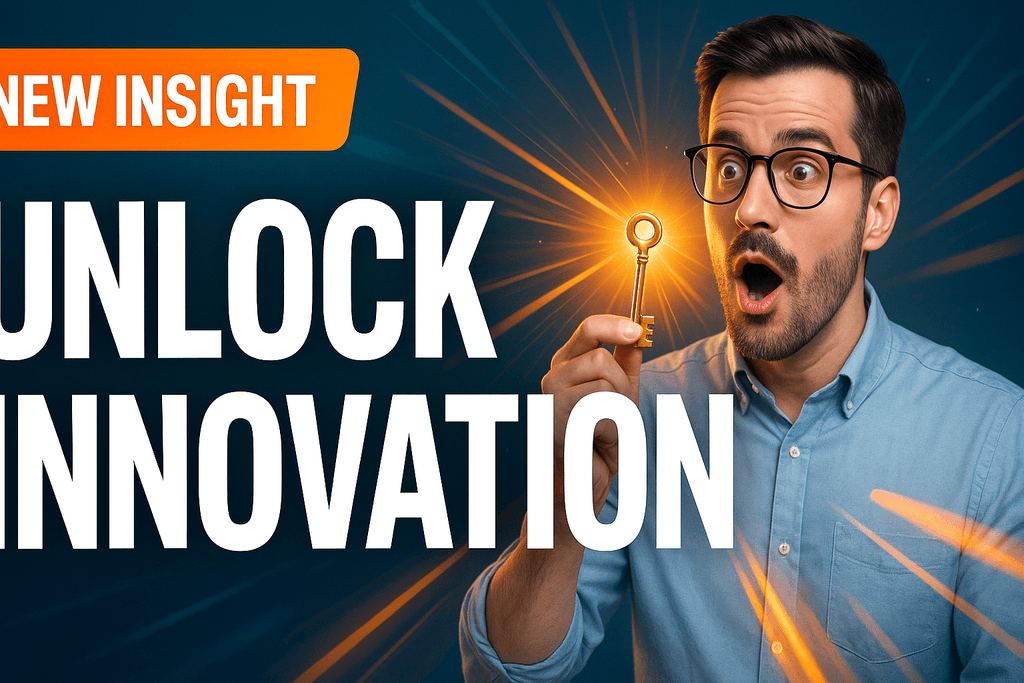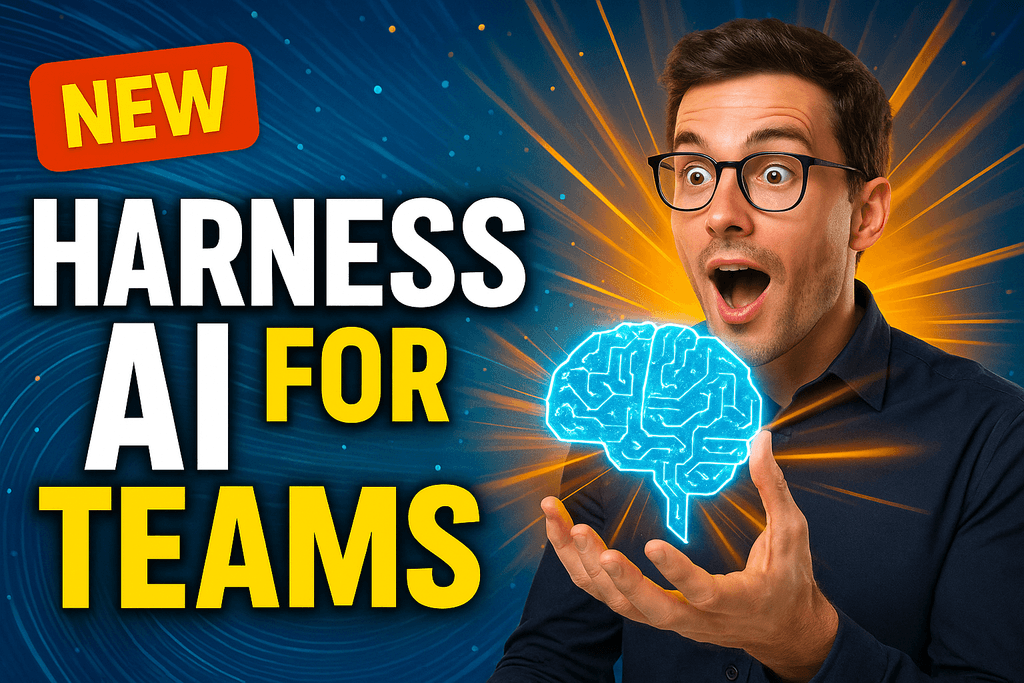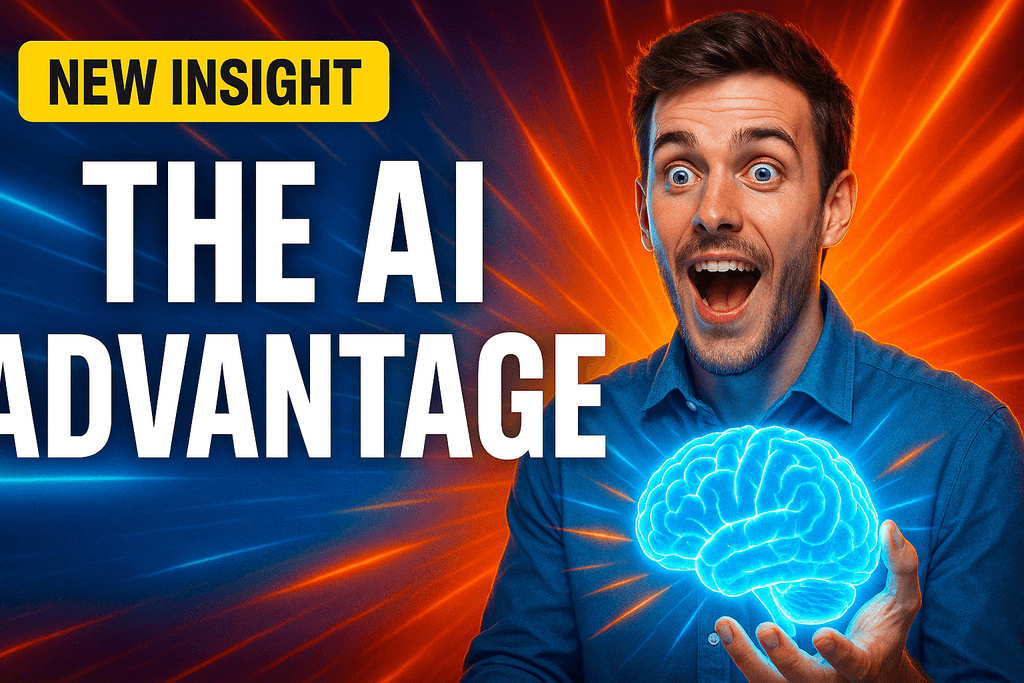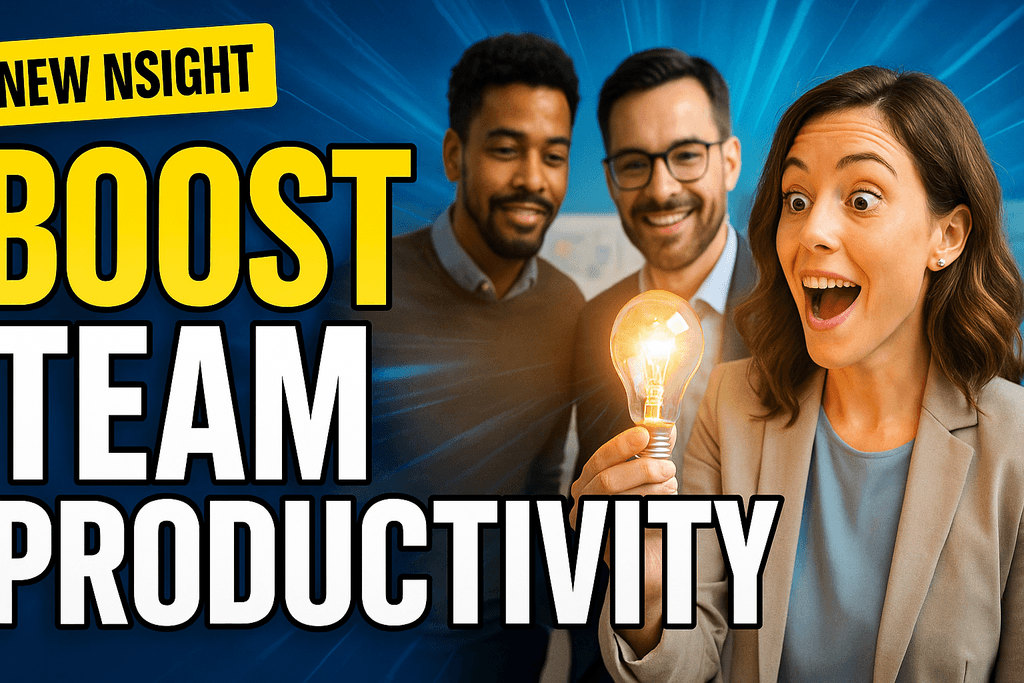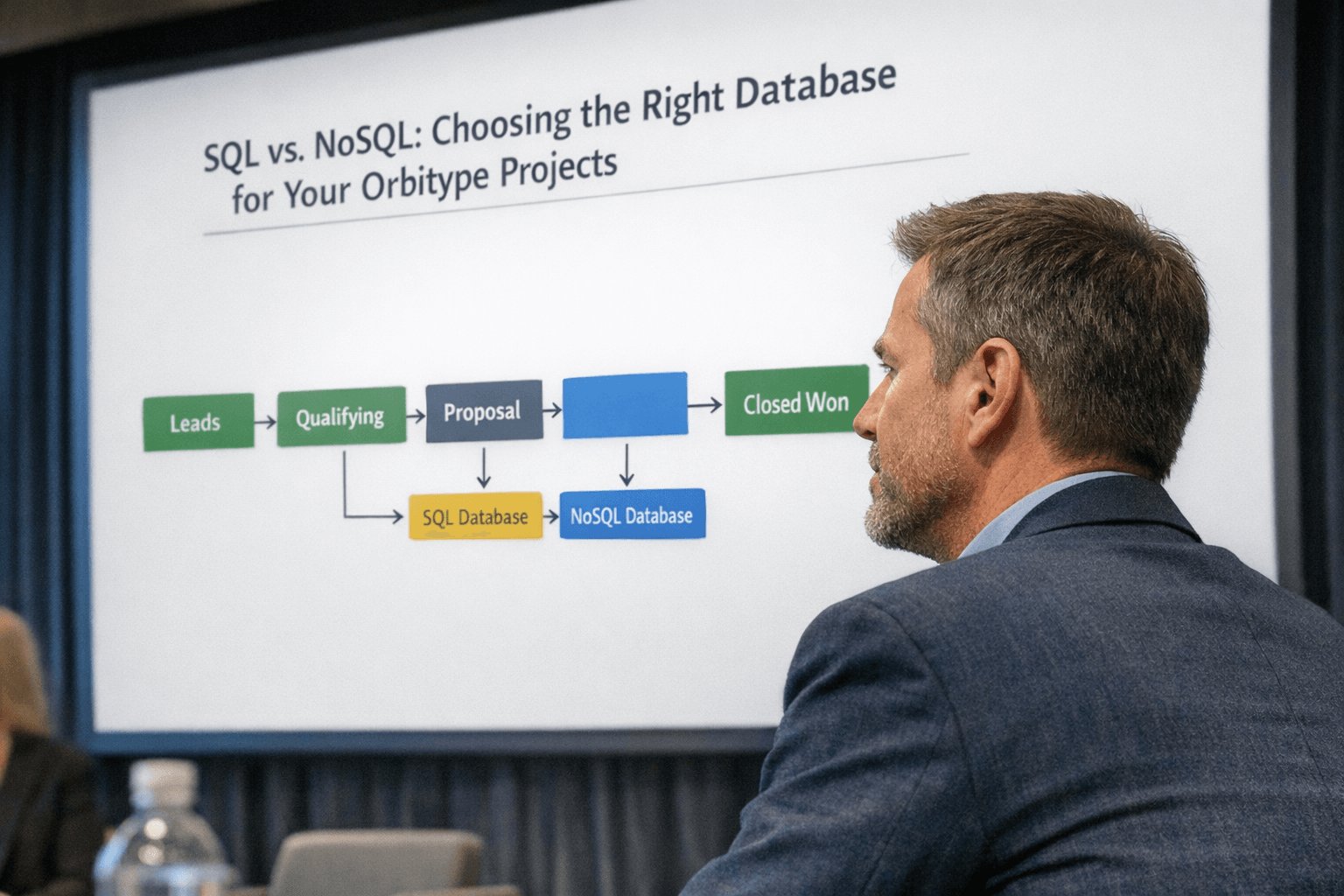
Table of Contents
Introduction
In web development and content management, the productivity and scalability of your projects is directly tied to what your choice is when it comes to appropriate database management systems. The distinctions between SQL and NoSQL databases must be understood, since technologies like as Orbitype streamline content management.
We'll examine the distinctive qualities of NoSQL and SQL databases in this blog, providing you with details on when to employ each. Our mission is to assist you in selecting the database type that best suits your requirements for your Orbitype projects.
Join us on this informative journey to enhance your understanding and make confident, informed decisions!
What is SQL?
For many years, databases using Structured Query Language (SQL) have been the mainstay of data management systems. These databases are relational, meaning they store data in tables with rows and columns, and relationships between data entities are explicitly defined. SQL databases are known for their robustness, consistency, and support for complex queries. Popular SQL databases include MySQL, PostgreSQL, and Microsoft SQL Server.
What is NoSQL?
NoSQL databases offer a more flexible approach to data management. They are designed to handle unstructured or semi-structured data and can scale horizontally with ease. NoSQL databases come in various forms, including document stores (like MongoDB), key-value stores (like Redis), column-family stores (like Cassandra), and graph databases (like Neo4j). You might even know these databases for their exceptional scalability, excellent performance, and capacity to manage massive data volumes.
Key Differences Between SQL and NoSQL
Data Structure
SQL: Uses structured data with predefined schemas.
NoSQL: Handles unstructured or semi-structured data with dynamic schemas, offering a flexible schema.
Scalability
SQL: Scales vertically by increasing the power of a single server.
NoSQL: Scales horizontally by adding more servers.
Flexibility
SQL: Schema changes require careful planning and can be time-consuming.
NoSQL: Schemas are flexible and can evolve without significant downtime.
Performance
SQL: Optimized for complex queries and transactions.
NoSQL: Optimized for large volumes of read/write operations and distributed data.
Consistency vs. Availability
SQL: Prioritizes consistency (ACID properties: Atomicity, Consistency, Isolation, Durability).
NoSQL: Often prioritizes availability and partition tolerance (CAP theorem).
The Optimal Choice for Orbitype: PostgreSQL
When it comes to Orbitype projects, the choice of database becomes clear. Orbitype uses PostgreSQL, a powerful SQL database that uniquely supports unstructured data with its JSONB capabilities. This blend of structured and unstructured data management makes PostgreSQL an exceptionally versatile and robust choice for any project.
Why PostgreSQL is the Right Answer for Orbitype Projects
PostgreSQL's compatibility with Orbitype offers several key benefits:
Flexibility: PostgreSQL supports both structured and unstructured data, making it ideal for projects with evolving data requirements.
Scalability: It can handle both vertical and horizontal scaling, accommodating growth in data volume and user load.
Performance: PostgreSQL excels in complex queries and transactions, ensuring your project runs efficiently and reliably.
Consistency: It adheres to ACID properties, guaranteeing data integrity and consistency.
By using PostgreSQL, Orbitype provides a balanced solution that leverages the strengths of SQL databases while accommodating the flexibility often associated with NoSQL systems. This ensures that you can achieve practically everything needed for your project with a single, powerful database system.
Making the Right Choice for Your Orbitype Projects
Choosing between SQL and NoSQL for your Orbitype projects depends on your specific requirements and goals. Here are some practical tips to help you decide:
Evaluate Data Structure: Determine whether your data is structured, semi-structured, or unstructured.
Assess Scalability Needs: Consider whether your project requires vertical or horizontal scalability.
Analyze Performance Requirements: Identify the performance characteristics that are most important for your application.
Consider Flexibility: Decide if you need a flexible schema that can evolve over time.
Prioritize Consistency or Availability: Based on the CAP theorem, choose whether consistency or availability is more critical for your project.
For mobile app development with Orbitype
For mobile app development with Orbitype, it's crucial to understand how SQL and NoSQL databases impact performance. If you're specifically building mobile applications with Orbitype, explore how SQL and NoSQL databases impact mobile app performance.
Conclusion
Both NoSQL and SQL databases have their advantages, but for Orbitype projects, PostgreSQL stands out as the optimal choice. Its ability to handle both structured and unstructured data, combined with its robustness, scalability, and performance, makes it an excellent fit for a wide range of applications. Choosing PostgreSQL for your Orbitype projects ensures you have a powerful, versatile, and reliable database system that meets all your development and content management needs.
Examine the requirements of your project carefully, and make use of the advantages that PostgreSQL offers to improve your development and content management processes. This methodical approach will open the door to more productive and fruitful projects, ultimately resulting in improved business outcomes.








